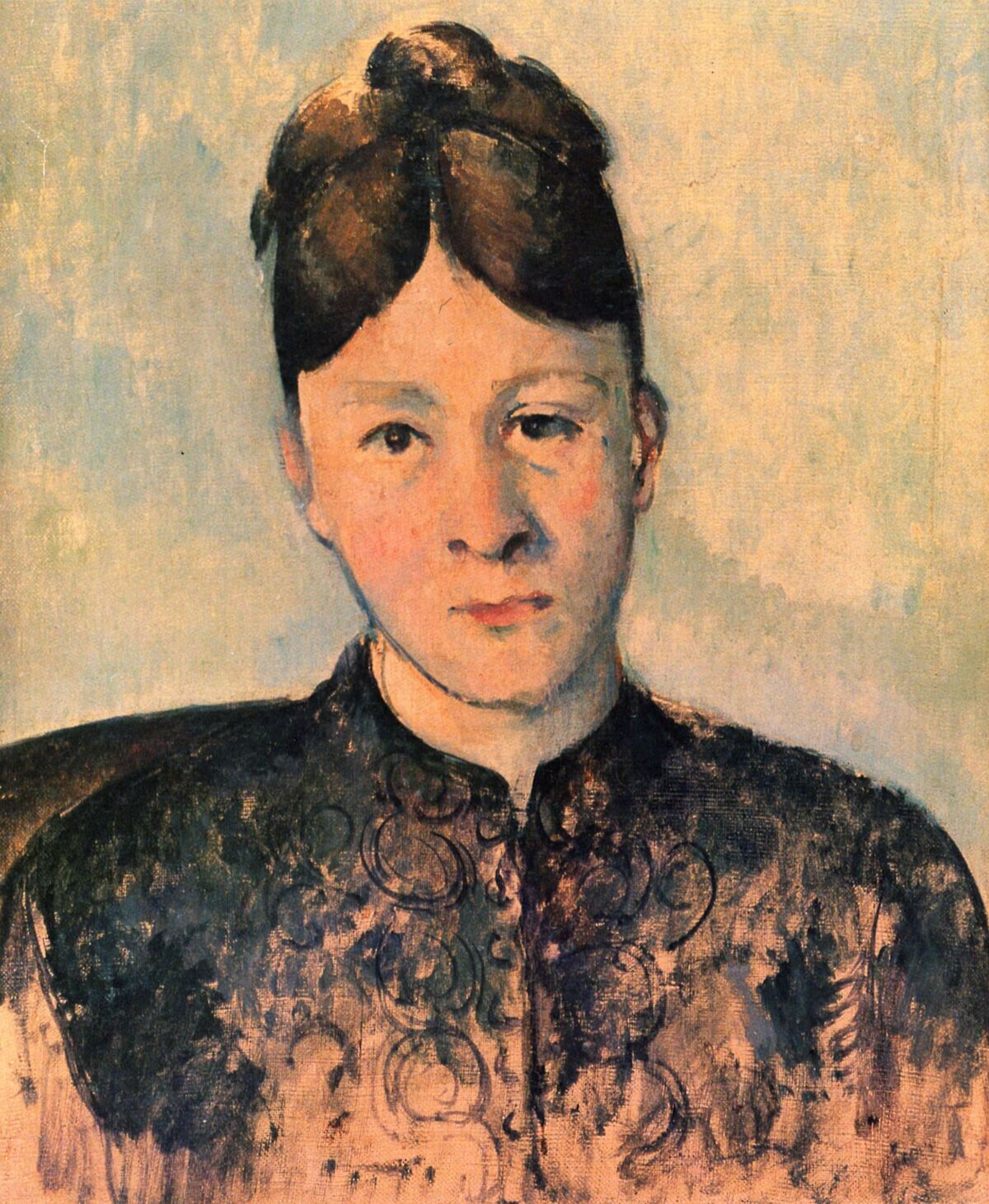
She heard a story about a farmer who had a disagreement with his slave. But too indulgent (especially ye farmers) to their slaves: suffering too great familiarity from them, permitting ym to sit at Table and eat with them, (as they say to save time,) and into the dish goes the black hoof as freely as the white hand. Hey Generally lived very well and comfortable in their famelies. Slaves ate with their masters and Indians enforced their own laws: She found, to her disapproval, Connecticut was more egalitarian than Massachusetts. …on training dayes The Youth divert themselves by Shooting at the Target, as they call it, (but it very much resembles a pillory,) where hee that hits nearest the white has some yards of Red Ribbin presented him, Wch being tied to his hatband, the two ends streaming down his back, he is led away in Triumph with great applause, as the winners of the Olympiack games. Madame Knight found the youthful competition highly amusing. Training Day, or Muster Day, was celebrated throughout colonial New England.

Just before Joyning hands the Bridegroom quits the place, who is son followed by the Bridesmen, and as it were, dragg’d back to duty-being the reverse to ye former practice among us, to steal ms. Madame Knight noted the people of Connecticut married young and had an odd wedding custom. Nay sais his worship, in an angry tone, if it be so, take mee off the Bench. Silence is commanded, but to no effect: for they continued perfectly Shouting. The assembled crowd ‘fell into a great fitt of Laughter, even to Roreing,’ wrote Madame Knight. The other judge pulled off his hat and patted his head to indicate ‘hogshead.’ The Indian said now he understood - implying the judge was a drunkard and hog-like. One judge asked the Indian, “You Indian why did you steal from this many? You shouldn’t do so - it’s a Grandy wicked thing to steal.” The judge along with another judge were gathering his pompions (pumpkins) in his field, and so they held court right there. The townspeople apprehended the Indian and took him to the local magistrate’s home. He had actually bought it from the person who stole it. She told the story of an Indian accused of stealing a hogshead. Madame Knight, a proper Bostonian, found their country mannerisms and customs highly entertaining. It also had much more diversity, as thousands of immigrants arrived from Germany, Scotland, Ireland, the Netherlands and France. Country BumpkinsĬonnecticut was a backwoods compared to Boston. Madam Knight noted Connecticut magistrates punished young people for a ‘harmless kiss’ or ‘innocent merriment.’ Ironically, her own father, Thomas Kemble, had spent two hours in the stocks for kissing his wife on Sunday after returning to Boston from a long ocean voyage. Connecticut judges, she wrote, issued strict sentences, frequently ordering whippings for miscreants.

She found the laws of Connecticut similar to Massachusetts, though much stricter about kissing and youthful fun. Many of the colonists were ‘good, Sociable people, and I hope Religious too,’ she wrote. There she took some time to rest and informed herself of the manners and customs of the place. 7, 1704 and arrived in New Haven that day.

She had set out early from Killingsworth on Oct. And when she returned from her remarkable journey Sarah Kemble Knight read her journal aloud to a women’s literary “tea-table.” Manners and Customsīridges, tunnels and signs didn’t exist along the route, so Madame Knight hired guides or accompanied the post rider to show her the way. She recorded her travel observations, humorous and otherwise, in her journal. She was well-bred, well-educated and had a sharp, if condescending, wit. The 38-year-old widow came to New Haven to help settle an estate.


 0 kommentar(er)
0 kommentar(er)
